In the cold season for the decoration, it is better to use soils that are resistant to low temperatures. We tell what their advantages and differences from ordinary primers.
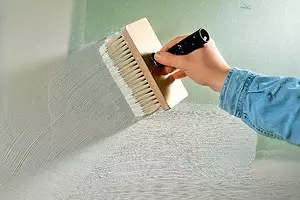
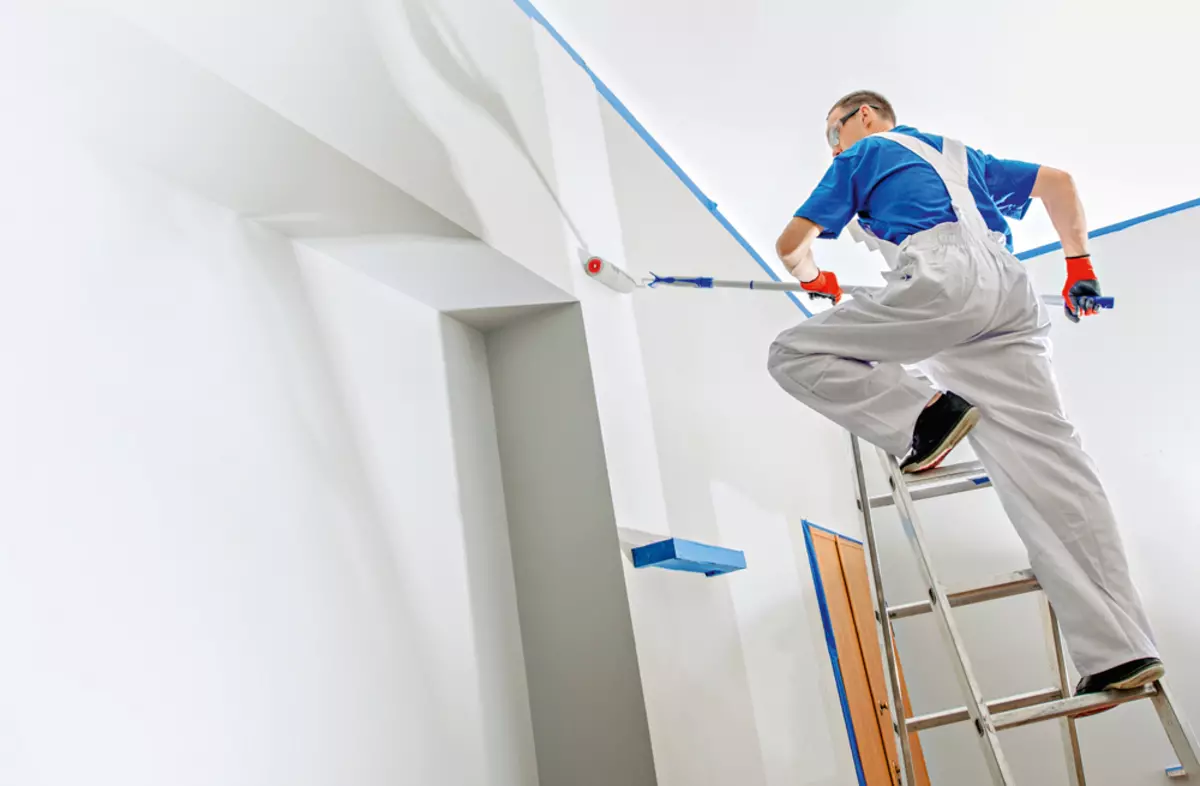
Apply soil on the base peeled and peeling particles. Photo: shutterstock / fotodom.ru
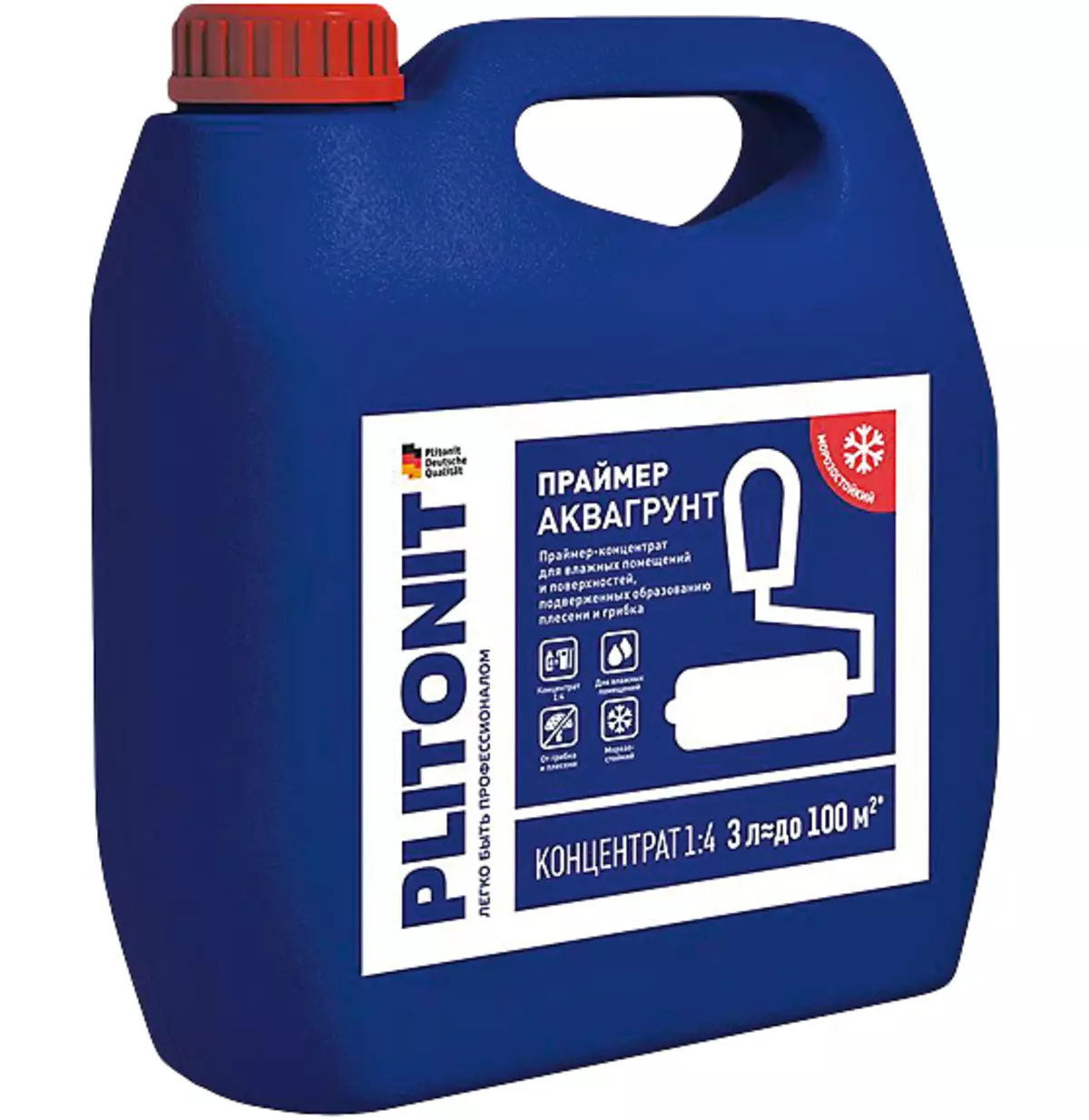
Primer for wet premises "Aquagrunt" (Plitonit), concentrate 1: 4, processing area 27 m² (563 rubles per 3 l). Photo: Plitonit.
Soils, or primers, are used to prepare a base for subsequent finish. Some formulations penetrate deeply formally, bind and strengthen it, and also improve the adhesion with plaster, shplotovka, paint, etc. In addition, they contribute to a more uniform distribution and drying of the layer of finishing materials. Others enhance the adhesion of dense, smooth, weakly and inevitable grounds, making them rough. And most importantly, they all significantly improve the quality of the finish finish.
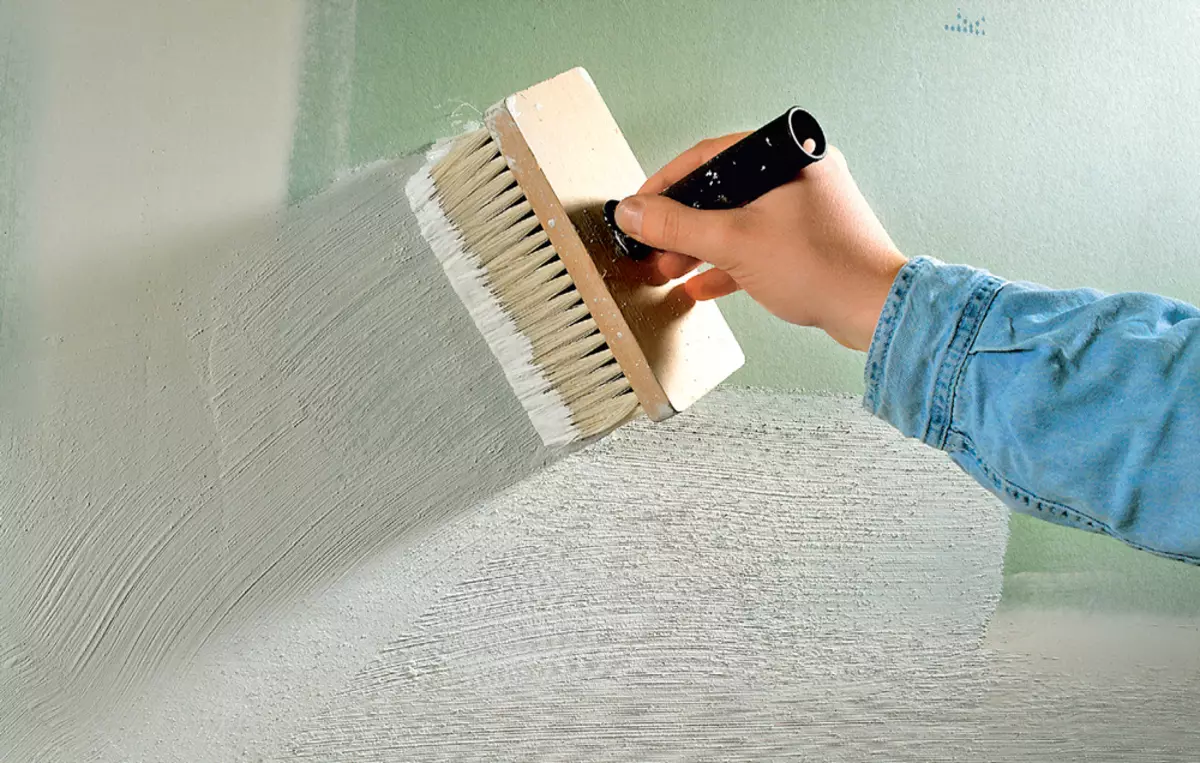
Before working, the composition is mixed. Photo: Knauf.
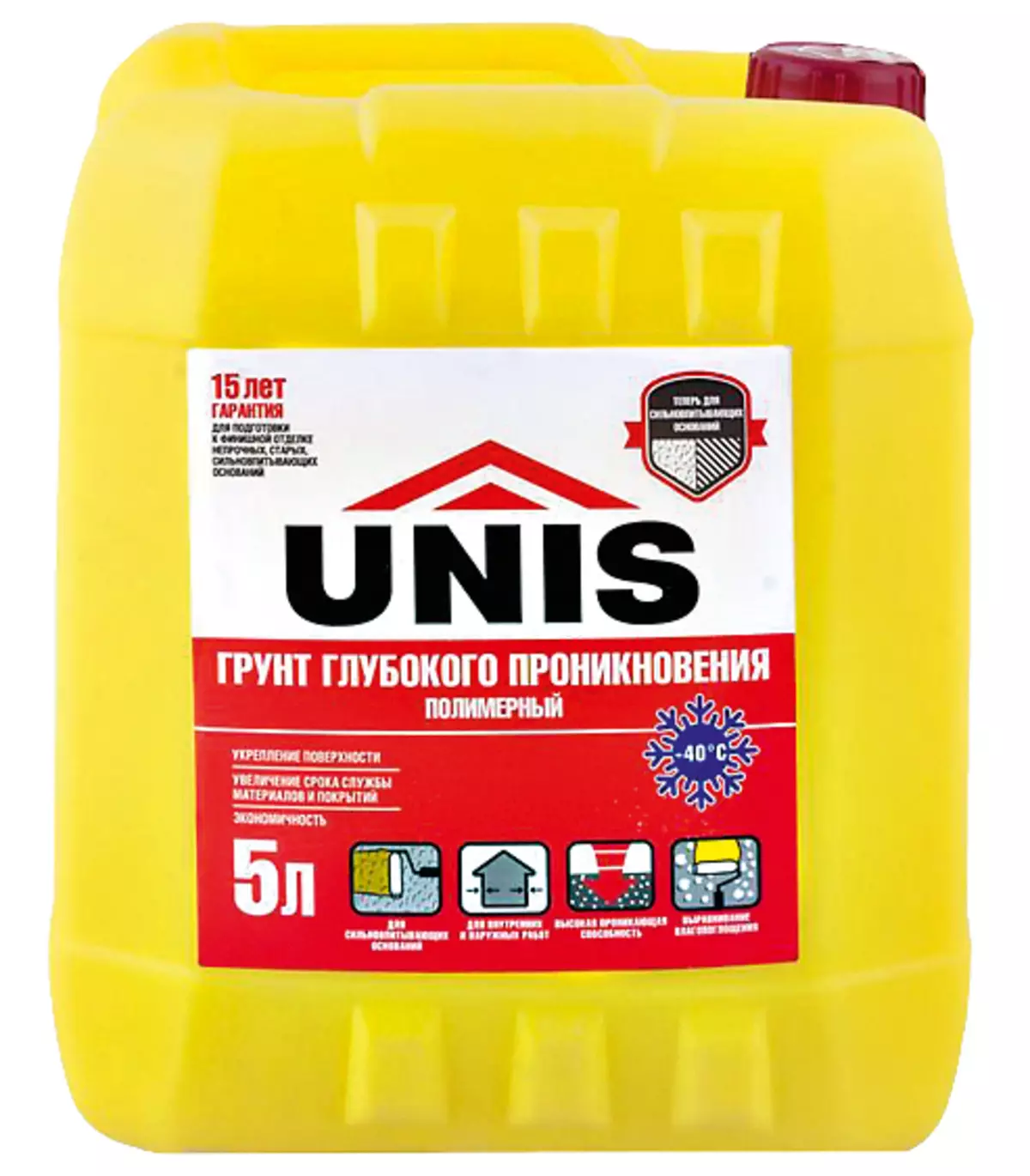
"Growth of deep penetration" polymer (UNIS), processing area of 35 m² (258 rubles per 5 l). Photo: Unis
What is the difference between frost-resistant and conventional soils
Many soils are presented in our market. When choosing, take into account the type of surface treated (monolithic concrete, brick wall, drywall, wood, plastering surfaces, etc.), room features (wet or dry), the method of further finish (plastering, staining, laying of tiles, wallpaper sticking).
If the repair goes in winter, then you will definitely ask, frost-resistant composition or not. On the eve of the cold season, the leading manufacturers are moving to the release of frost-resistant soils. They, unlike ordinary, can be stored under negative temperature. But the passage of the full cycle, from freezing to thawing, is permissible not more than 5 times, after which the properties of the product will deteriorate. Therefore, having encountered two options in the store - the usual and "winter", the buyer decides, he has the opportunity to bring the solution in a warm car and where it will store it: in heated room or in the cold. If at least one question is no answer, it is more correct to choose a frost-resistant soil.
Accelerate the thawing of frost-resistant soil with the help of heating devices or hot water is impossible. In order not to spoil the soil, it is deflated only at room temperature.
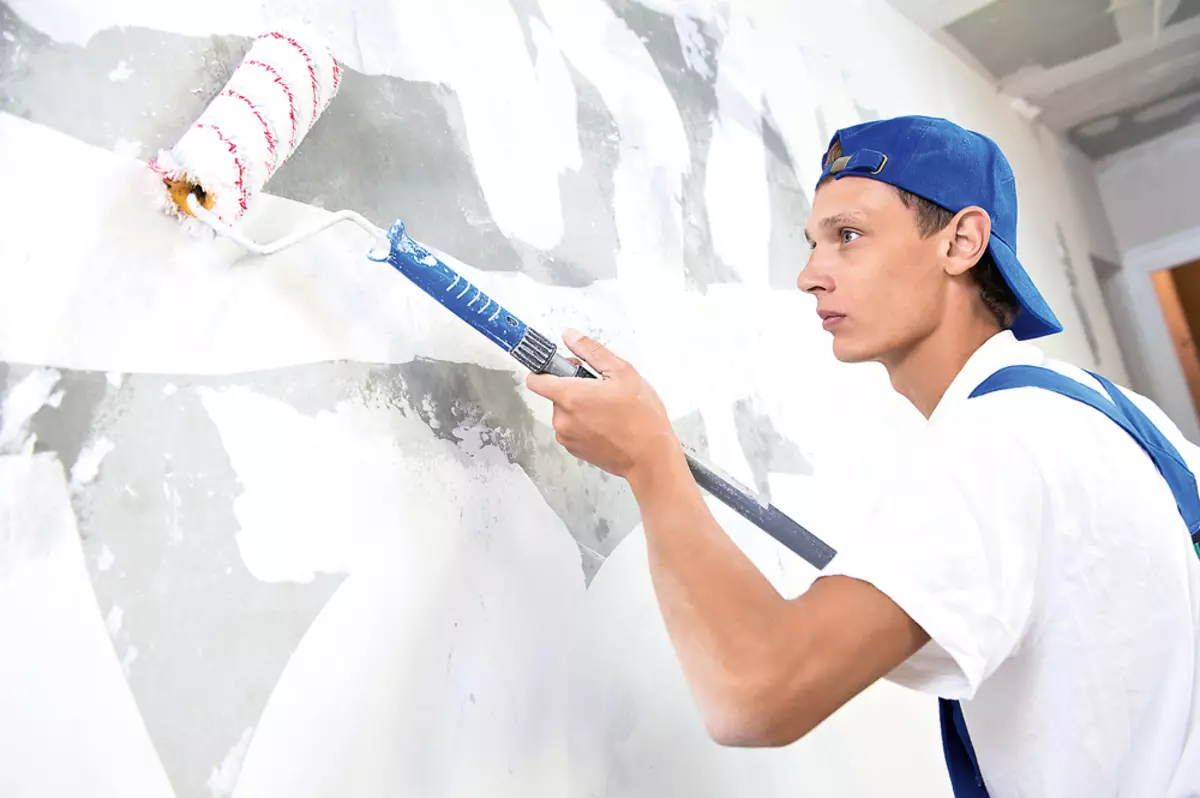
Photo: shutterstock / fotodom.ru
Soil, as a rule, are not purchased in advance, but on the eve of certain works. For example, before plastering the wall, a person goes to the store, chooses the necessary materials and delivers them to the apartment where heat. It turns out that it is nowhere to freeze the soil. However, the acquisition of a frost-resistant composition in the cold season is an additional quality guarantee. Even if it was taken in unheated machines from the manufacturer to the store or to the warehouse, where he jumped, it will not affect the properties. In our practice, there were cases when buyers acquired soils made according to the "summer" recipe, and found a product resembling flakes in the containers, like frozen sour cream. With frost-resistant soils, this will not happen.
Sergey Glebov
Product Manager Company Knauff
Pluses of frost-resistant soils
- Withstand five freezing / thawing cycles.
- You can store and transport at temperatures up to -40 ° C.
- Do not have restrictions on the duration of freezing.
- After defrosting, we retain consumer properties.
- Application areas and other properties fully correspond to "summer" counterparts.
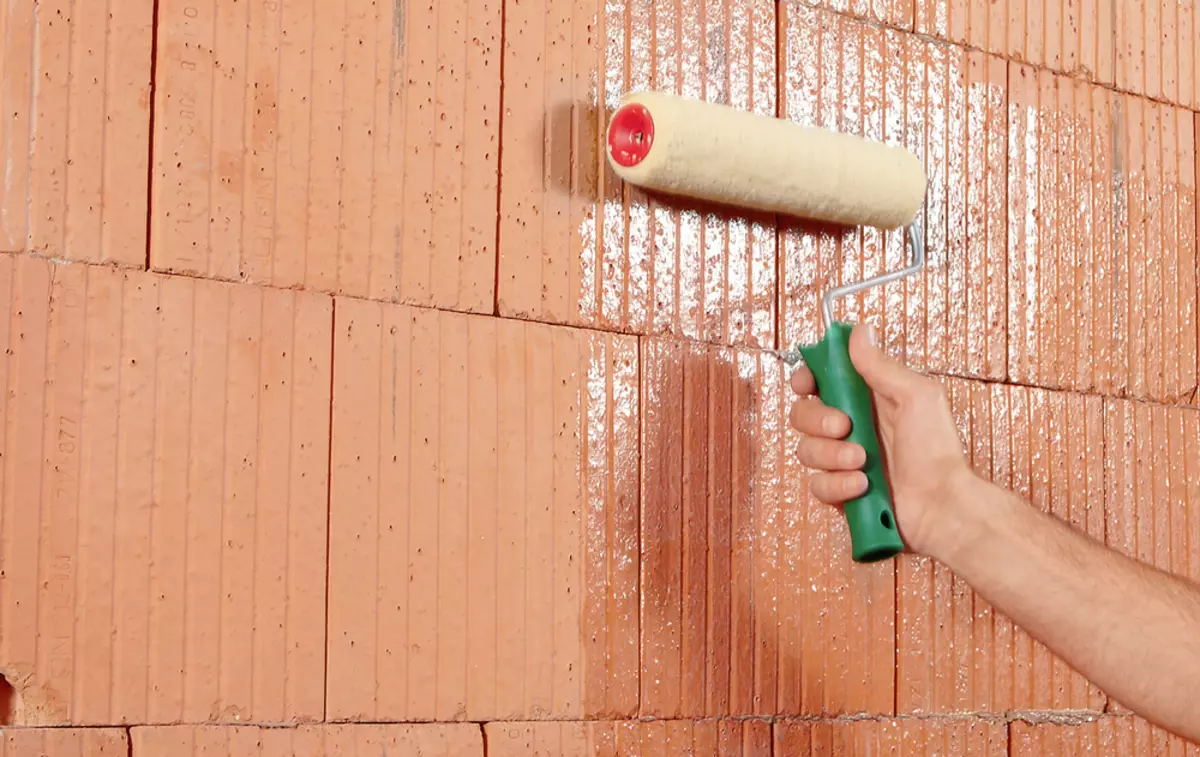
Before carrying out the work, the composition is mixed. The temperature of the air and the treated surface is up to the complete drying of the soil (including frost-resistant) should be in the range from 5 to 30 ° C. Photo: Knauf.
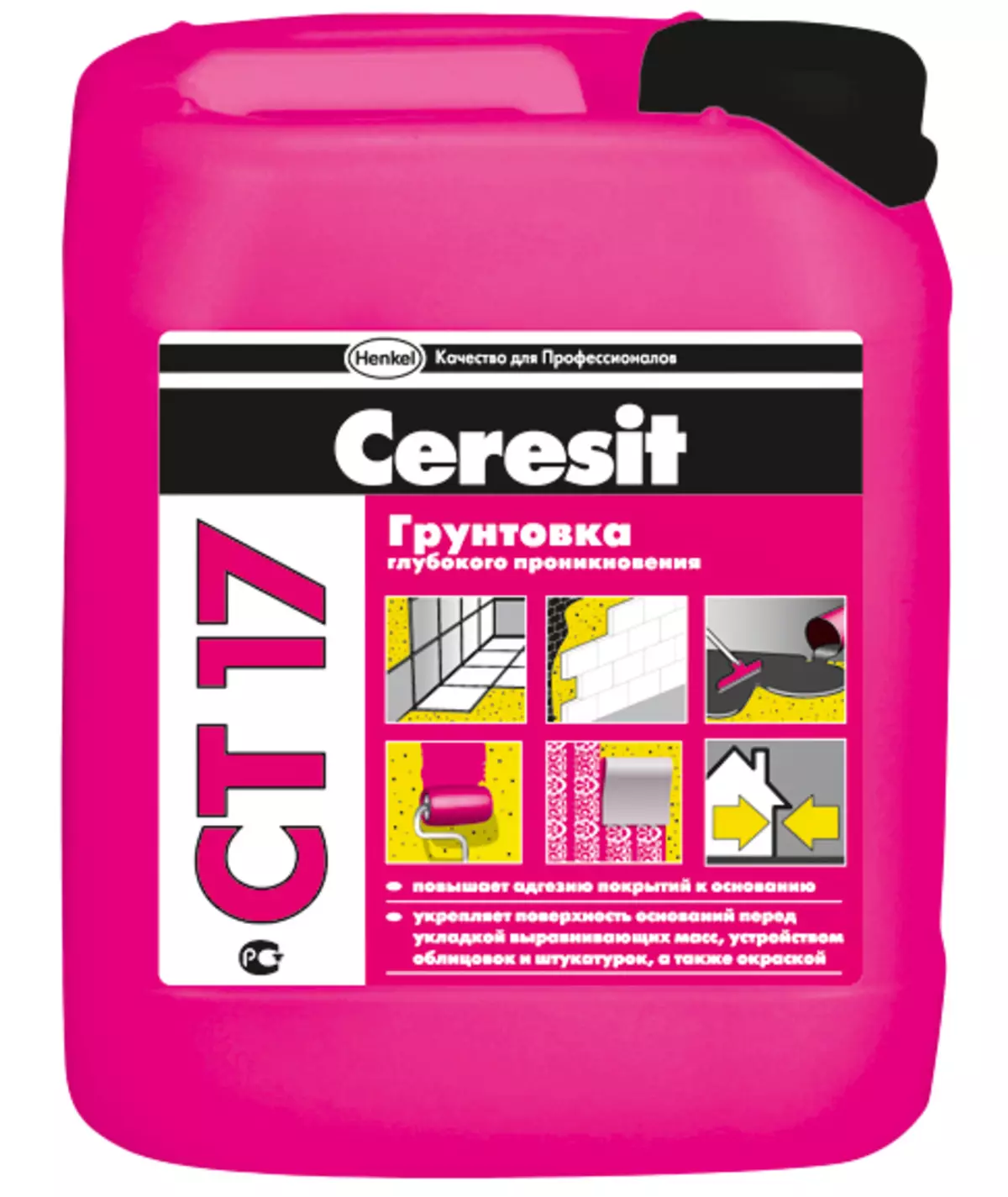
The primer of deep penetration Ceresit CT 17 "Winter" (Henkel) for internal and external works, processing area of 50 m² (348 rubles per 5 l). Photo: Henkel
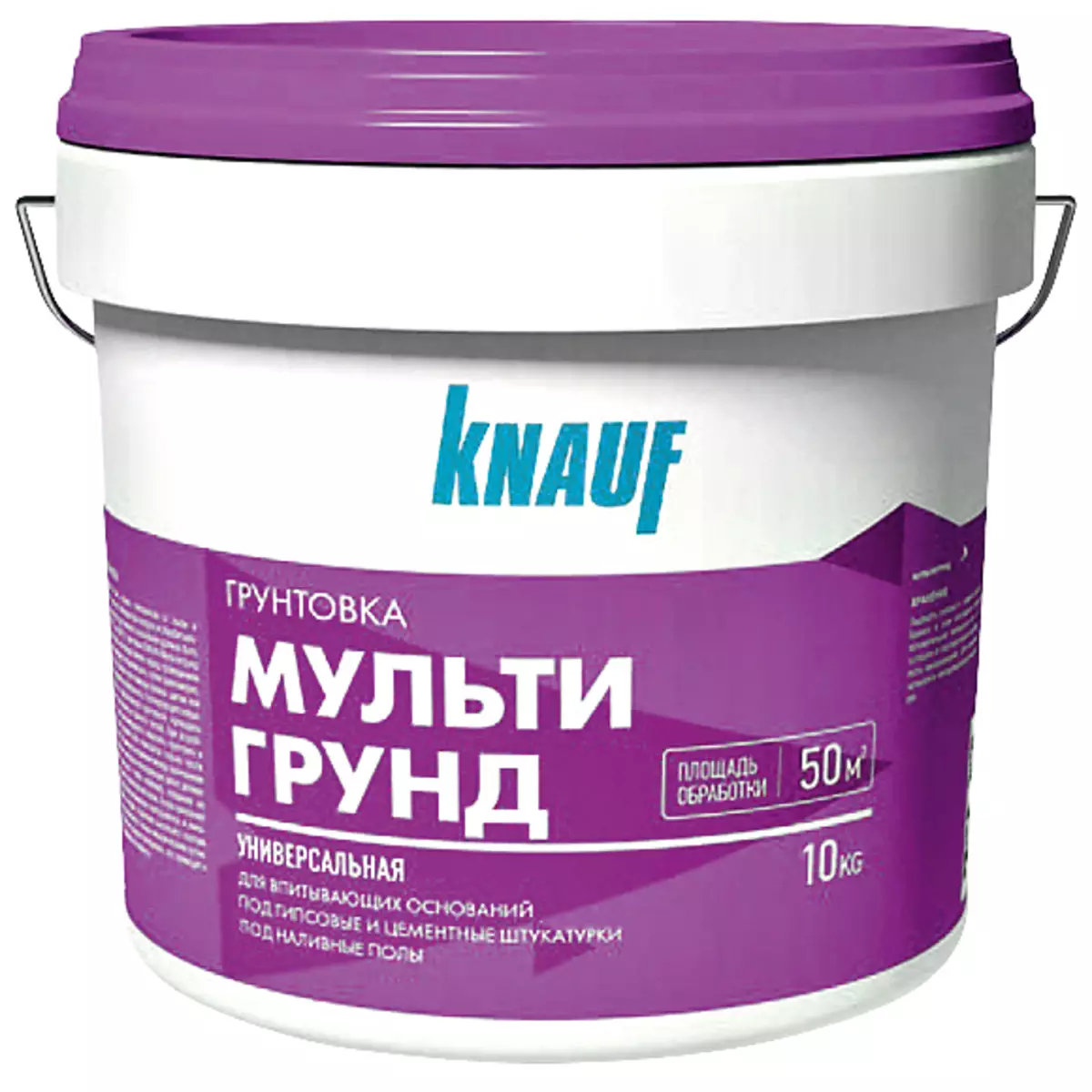
Grinding KNAUF-Multigrund Universal for absorbent bases, consumption 0.2 kg / m² (from 706 rubles per 10 kg). Photo: Knauf.

Primer Knauf-Tifengrund strengthening deep penetration, consumption 0.1 kg / m², drying time for 3 hours (from 643 rubles per 10 kg). Photo: Knauf.
